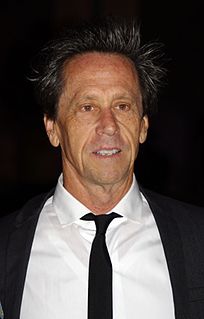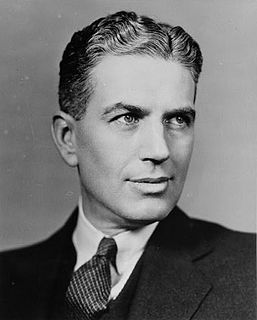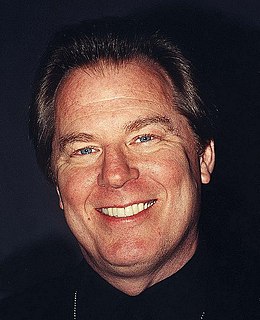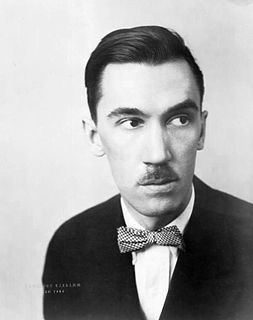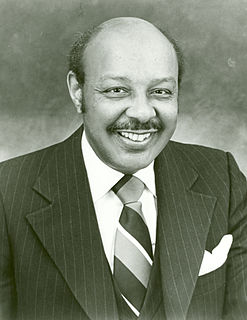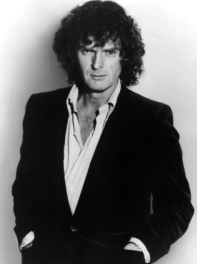A Quote by Clint Eastwood
I just kind of had my own impressions growing up with Hoover as a heroic figure in the 40s - actually the 30s, 40s, and 50s and beyond - but this was all prior to the information age so we didn't know about Hoover except what was usually in the papers, and this was fun, because this was a chance to go into it [ during filming 'J. Edgar Hoover' ]
Related Quotes
We're interested in complex characters and he's a complex character, [J. Edgar] Hoover. I like these types of dramas. I've made a few of them and I'm also interested in power structures so it just has elements that fascinate me, and the more you learn about Hoover, the more polarizing you realize he is.
I was working with Bryan Cranston in 'All the Way.' We were about to make an entrance together - I was Hoover, he was LBJ - and he says to me, 'You should play the brother in 'Better Call Saul.' I was like 'What?' and it was time to go on. I'm doing the scene, and I can't think of what Hoover's supposed to say.
My favorite decade of cinema would be kind of the '40s, yeah. I like things in the '30s, but you know, the sound recording in the '30s wasn't very good. But for some reason the movies in the '40s have the best personalities: Jimmy Stewart, Gary Cooper, Betty Grable, Gene Tierney, and all those people. For some reason, I seem to gravitate more toward the '40s, and I don't necessarily know why. I just love the people.
In your 40s, you kind of know how things are likely to go, and you're better at saying, 'You know what? That just doesn't suit me...' I remember thinking in my 30s, 'I should go to Burning Man. I could be a Burning Man person.' And in my 40s, I'm like, 'You know what? I'm never going to go to Burning Man.'



